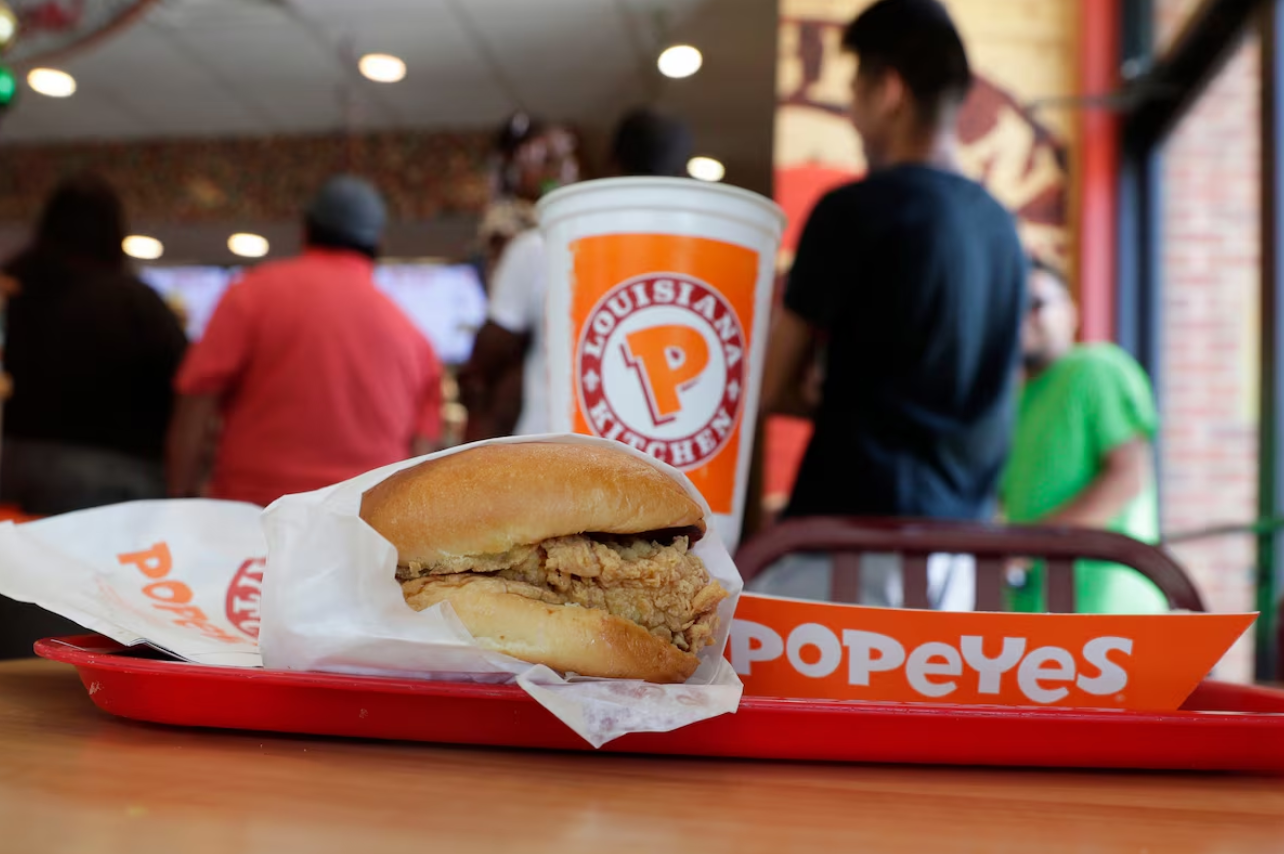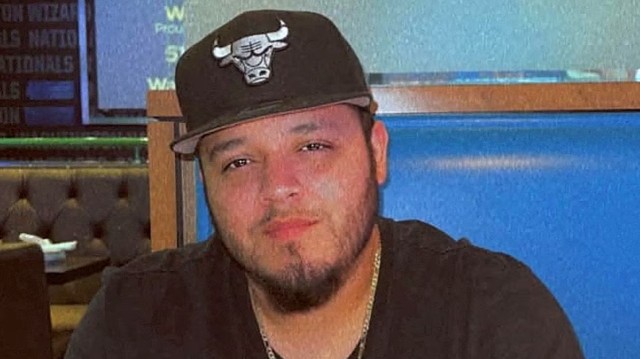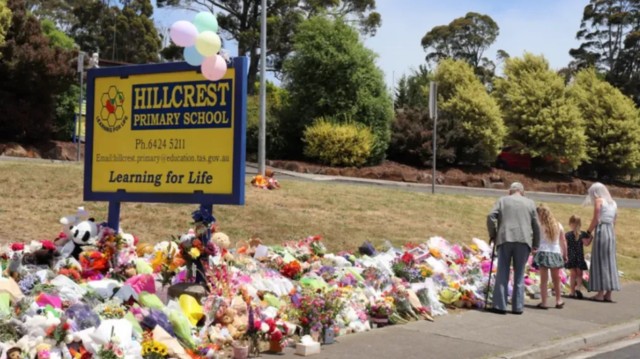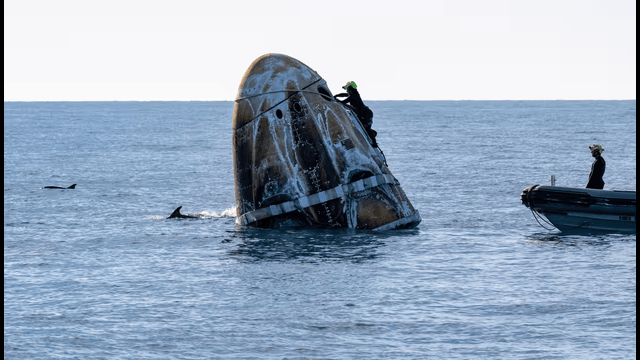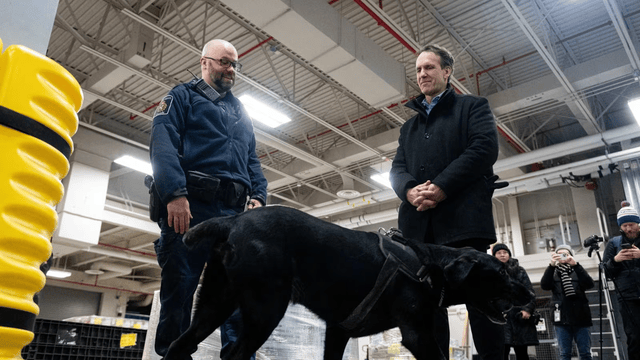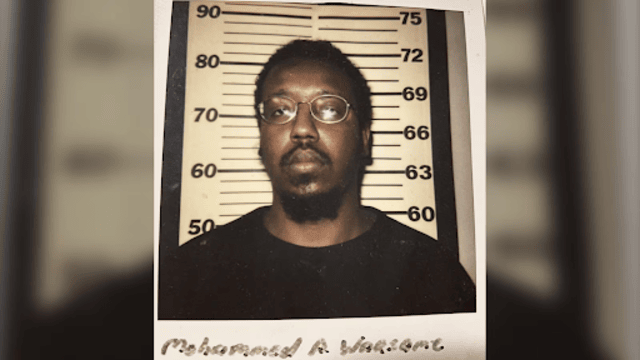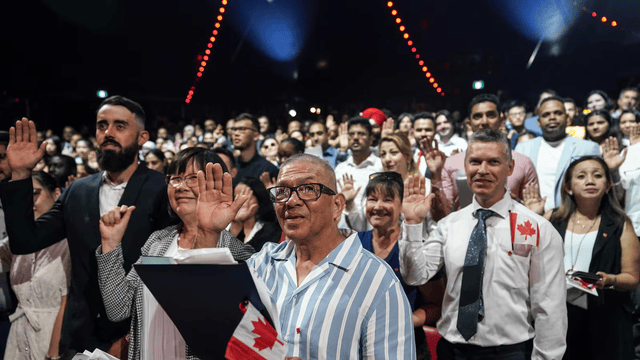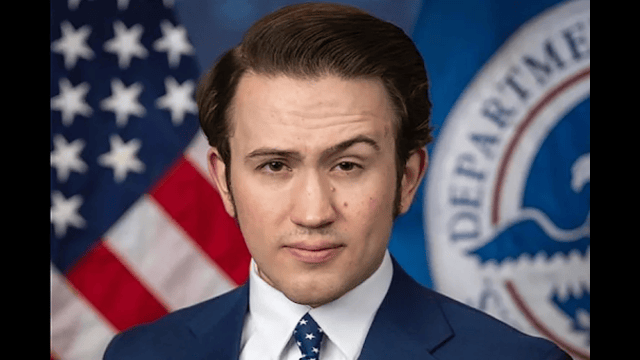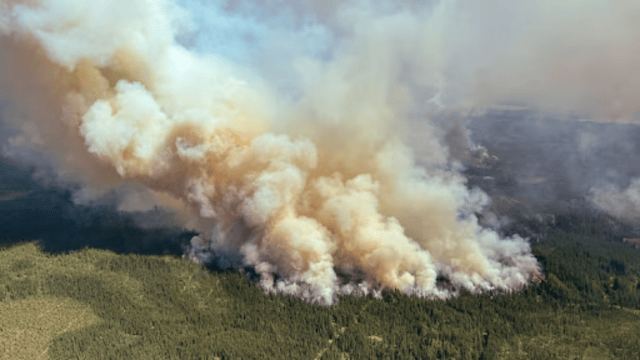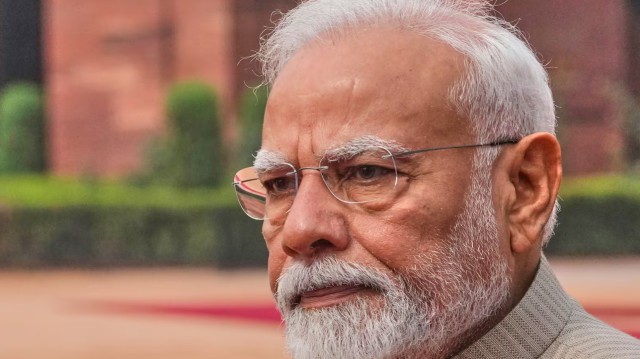
Indian Prime Minister Narendra Modi welcomed Angola’s President João Lourenco at a formal ceremony held at the presidential palace in New Delhi on Saturday, May 3, 2025. AP Photo
Prime Minister Mark Carney has defended his decision to invite Indian Prime Minister Narendra Modi to the upcoming G7 summit. This comes even as tensions remain high over the 2023 murder of Hardeep Singh Nijjar, a Canadian Sikh activist.
Carney called Modi on Friday and extended the invitation. Modi accepted the offer. The summit will take place from June 15 to 17 in Kananaskis, Alberta.
Summit aims to build global ties
Carney said the summit focuses on working with growing economies. He said India plays a key role in global trade and supply chains. “There’s been some progress in law enforcement talks,” Carney added. “I invited Prime Minister Modi in that context.”
Modi later posted online, calling India and Canada “vibrant democracies.” He said both countries will work together with “mutual respect.” He did not mention law enforcement talks.
India’s government also released a statement, repeating Modi’s comments and congratulating Carney on his win in the last election.
Sikh group angered by invite
The World Sikh Organization of Canada strongly opposed Modi’s invitation. In May, the group had written to Carney asking him not to invite Modi. Hardeep Singh Nijjar, their supporter, was shot dead in June 2023 outside a gurdwara in Surrey, B.C.
Balpreet Singh, the group's legal adviser, called the invite “a betrayal.” He said, “The summit takes place on the second anniversary of Nijjar’s murder. It’s shocking and unacceptable.”
At the time of his death, Nijjar was organizing a vote on the idea of a Sikh homeland, called Khalistan. India had accused him of being a terrorist. Canada’s former prime minister Justin Trudeau had publicly blamed Indian agents for Nijjar’s killing.
India denied the claim and accused Canada of supporting extremists. In May 2024, four Indian nationals were charged in Nijjar’s murder. By October, Canada’s police said they had evidence connecting Indian agents to several crimes, including murder and extortion.
In response, Canada expelled six Indian diplomats. India retaliated by expelling six Canadian officials, including the top envoy.
Tensions spill into international headlines
Later that month, the U.S. charged an Indian official over a failed plot to kill a Sikh leader in New York. Canada’s foreign ministry said it asked India to waive immunity for its diplomats. India refused.
Despite this, Carney said the legal process must stay separate from diplomacy. He added that it's not right for leaders to comment on ongoing investigations.
Political leaders and experts
react Some experts say Carney is trying to fix ties with India. “Let police handle the criminal issues,” said Naresh Raghubeer, an expert on India-Canada relations. “India is the world’s most populous democracy. We must work with them.”
Other political figures shared mixed views. A former prime minister recently urged better ties with India. Conservative leader Pierre Poilievre said Canada must balance trade and security talks.
NDP leader Jagmeet Singh revealed that he had been under police protection since 2023 after a serious threat to his life. He said the threat came from a foreign country.
Two NDP critics also slammed the invitation. They said the government should support those who fear threats from India. “Canada must stand for justice, not just diplomacy,” said one MP.
No response to Sikh group’s concerns
The World Sikh Organization said they won’t reach out again. “We got no reply to our letter,” said Balpreet Singh. “Our voices clearly don’t matter.”
Other world leaders invited to the summit include Ukrainian President Volodymyr Zelenskyy and Mexican President Claudia Sheinbaum. As of now, Sheinbaum has not confirmed her attendance.


